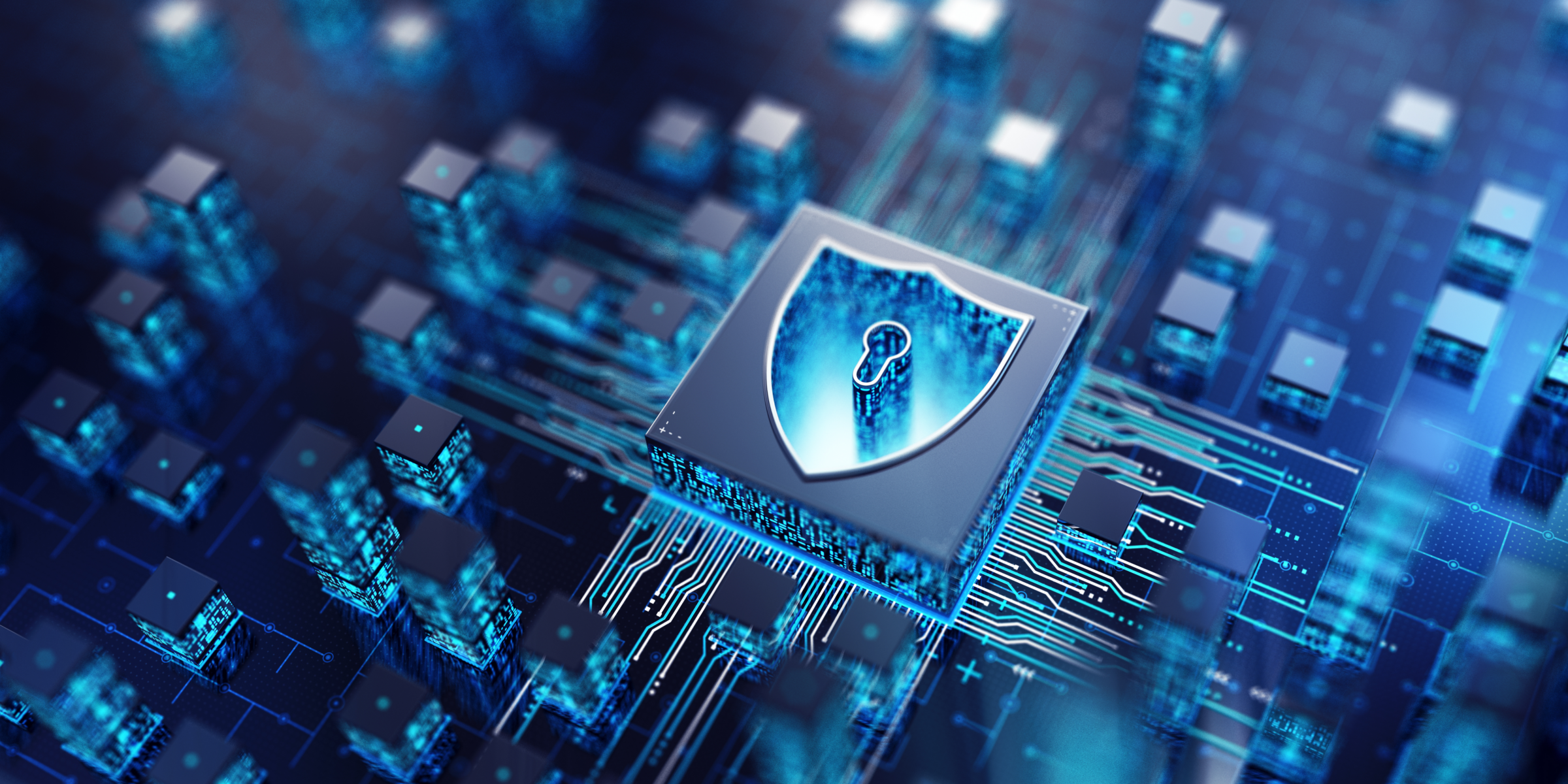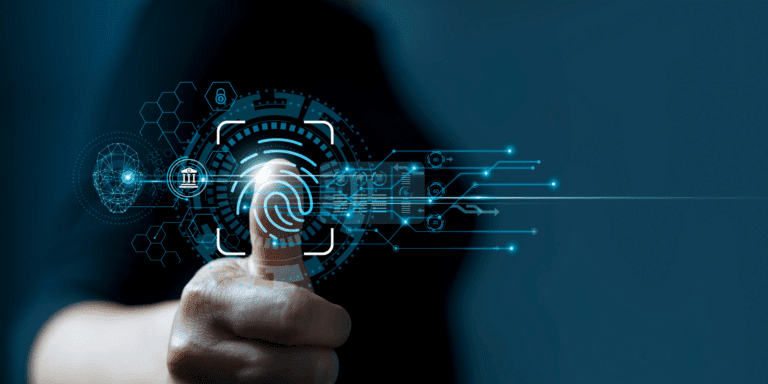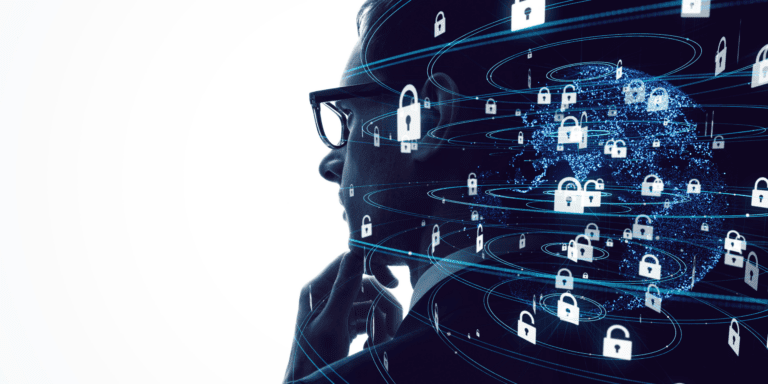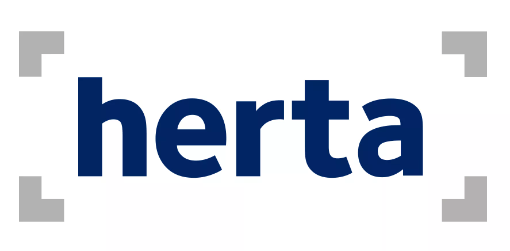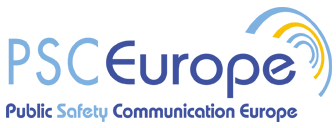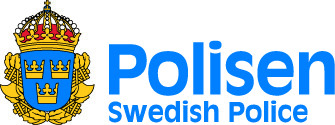Welcome to EITHOS Observatory
EITHOS is developing a novel Identity Theft Observatory System, empowering European citizens, Law Enforcements Agencies (LEAs), and policy makers to further contribute to the prevention, detection, and investigation of online identity theft (OIDT) related crime. Through targeted awareness campaigns and innovative engagement activities, EITHOS aims to raise public awareness about Online Identity Theft and associated risks and societal impact.
The website is acting as a hub centralising key information and various materials on OIDT and related trends: you’ll be able to get informed about many topics related to OIDT, join our activities among the tens we are proposing, enter our Newsroom to be updated about our project and campaigns as well as latest EU news, and learn about EITHOS in detail. Not forgetting that you’ll always be able to report an incident wherever you’re located in the EU, by clicking on the related button upper right of the homepage.
Are you looking for something particular, do you want to connect on social media, or contact us ? Please find the search bar, our social media accounts and contact us on top of the homepage.
The EITHOS Consortium wishes you a good journey into its OIDT prevention observatory.





